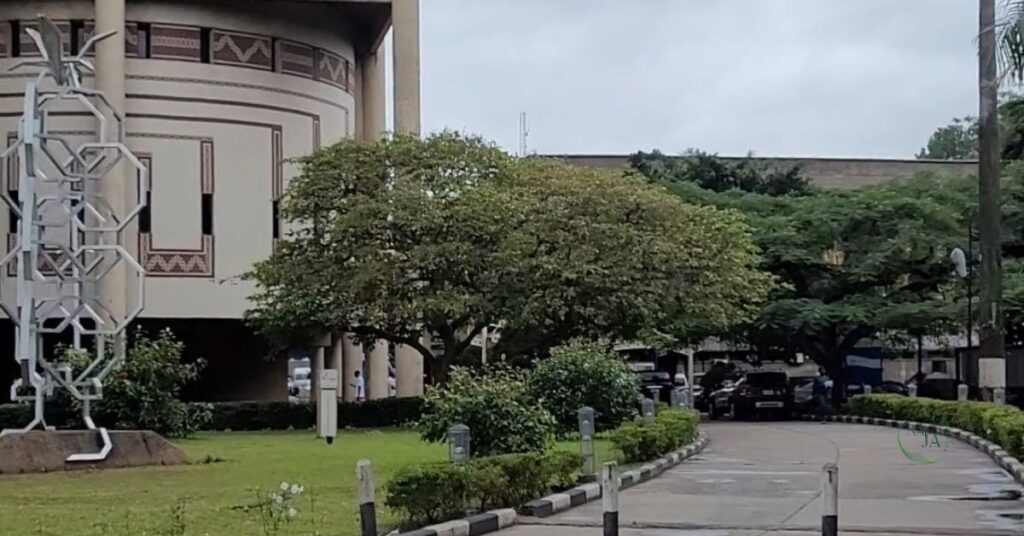How Regional Governance Can Transform Nigeria’s Future

Nigeria, with its vast population of over 200 million people, faces significant challenges in its current federal governance structure. This blog post explores the concept of regional governance as a potential solution to enhance efficiency, accountability, and empowerment, drawing from successful global examples like Singapore and Rwanda.
Understanding Regional Governance
Definition
Regional governance refers to a system where smaller, semi-autonomous regions within a country manage local affairs while the central government handles national-level responsibilities. This approach allows for more localized decision-making and tailored solutions to regional issues.
Global Examples
- Singapore: A city-state known for its efficient governance and rapid development.
- Rwanda: Post-genocide Rwanda has seen impressive growth and stability through effective local governance.
- Hong Kong: Historically managed its own affairs with significant autonomy, leading to rapid economic growth.
The Current Governance Structure in Nigeria
Federal System Overview
Nigeria operates a federal system where the central government holds significant power, with states having limited autonomy. This system often leads to inefficiencies and slow responses to local needs.
Challenges Faced
Managing a large, diverse population under a centralized system has led to issues such as:
- Slow decision-making processes
- Inefficient resource allocation
- Difficulty in holding leaders accountable
- Widespread corruption at various levels
Benefits of Regional Governance
Efficiency
Localized governance can lead to more efficient management of resources and quicker responses to regional issues, as decisions are made closer to where they are implemented.
Accountability
Smaller regions make it easier for citizens to monitor government activities and hold leaders accountable for their actions.
Empowerment
Regional governance empowers local populations by giving them more control over their own affairs, leading to increased civic participation and trust in the government.
Case Studies
Rwanda
Rwanda’s approach to regional governance has led to impressive socio-economic development. The country has focused on local empowerment and accountability, resulting in significant improvements in health, education, and infrastructure.
Singapore
Singapore’s centralized yet efficient governance model has transformed it into a global economic hub. Its ability to manage a smaller population effectively serves as an example for regional governance.
Hong Kong
Before its integration with China, Hong Kong’s autonomy allowed for rapid economic growth and development, showcasing the benefits of localized governance.
Potential Regional System for Nigeria
Proposed Structure
A potential structure for Nigeria could involve dividing the country into several semi-autonomous regions, each with its own local government responsible for managing regional affairs.
Division of Responsibilities
- Regional Governments: Education, healthcare, local infrastructure, and policing.
- Federal Government: Defense, foreign policy, national transportation, and monetary policy.
Benefits and Challenges
- Benefits: Improved efficiency, accountability, and responsiveness to local needs.
- Challenges: Ensuring equitable distribution of resources, preventing regional inequalities, and managing transition logistics.
Addressing Corruption
Current Corruption Issues
Corruption permeates all levels of Nigerian society, from top government officials to local service providers, hindering development and trust in governance.
Regional Approach to Corruption
Regional governance could help reduce corruption by increasing transparency and accountability at the local level. Smaller regions would find it harder to hide corrupt activities, and citizens could more easily monitor government actions.
Implementation Strategy
Step-by-Step Plan
- Public Awareness Campaigns: Educate citizens on the benefits of regional governance.
- National Conference: Gather stakeholders to discuss and agree on the transition to regional governance.
- Referendum: Conduct a national referendum to get public approval for the new system.
- Legislative Changes: Amend the constitution to allow for regional governance.
- Pilot Programs: Implement regional governance in select states as a pilot before a nationwide rollout.
Public Involvement
Engage citizens through town hall meetings, surveys, and discussions to ensure widespread support and understanding of the new system.
Role of Private Sector
Encourage private sector participation in developing regional infrastructure and services, leveraging their resources and expertise to complement government efforts.
Short-Term and Long-Term Goals
Short-Term Solutions
- Infrastructure Development: Focus on improving local infrastructure to support regional governance.
- Capacity Building: Train local officials and administrators to manage regional affairs effectively.
- Anti-Corruption Measures: Implement strict anti-corruption laws and establish watchdog agencies.
Long-Term Vision
- Sustainable Development: Achieve balanced socio-economic development across all regions.
- Enhanced Civic Participation: Foster a culture of civic engagement and responsibility among citizens.
- Resilient Governance: Build a governance system capable of adapting to future challenges and changes.
Conclusion
Transitioning to regional governance could significantly improve Nigeria’s efficiency, accountability, and empowerment. By learning from successful examples and addressing corruption, Nigeria can create a more responsive and effective governance system. It is crucial for all stakeholders to engage in discussions and work towards a shared vision for a prosperous future.



Hi, this is a comment.
To get started with moderating, editing, and deleting comments, please visit the Comments screen in the dashboard.
Commenter avatars come from Gravatar.